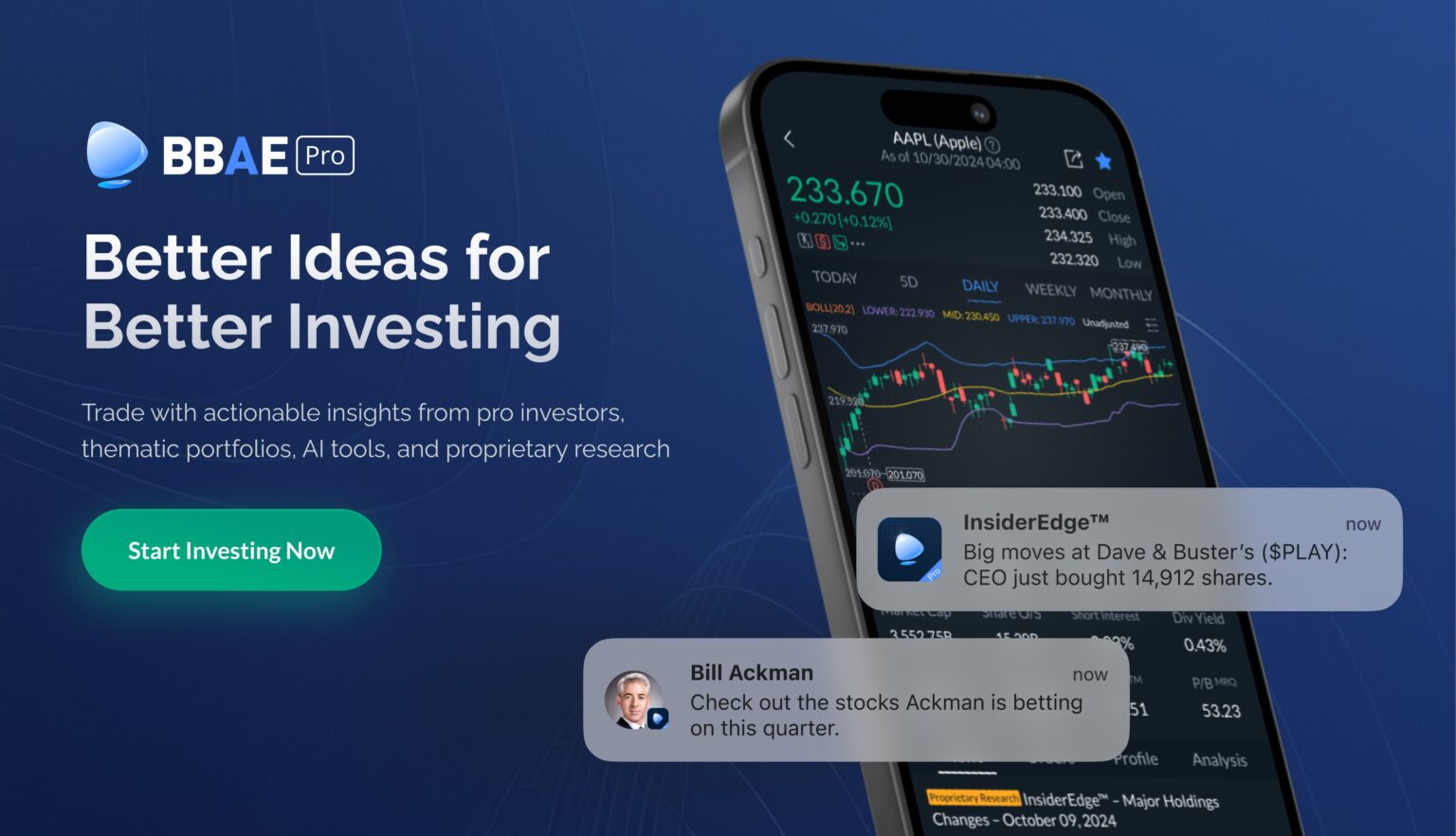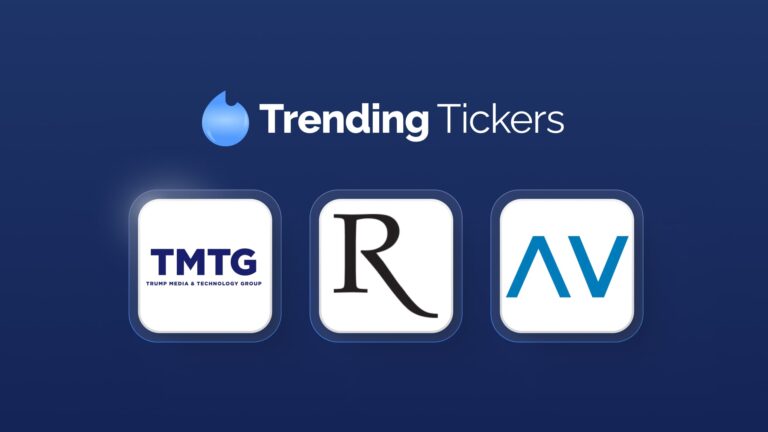Index funds: Friend or foe?
“A sure path to mediocrity.”
John Bogle was feeling the heat.
The modern day Martin Luther of finance – the year was 1976, instead of 1517 – had committed the heresy of creating the first index fund.
Bogle was heckled for being “un-American,” and his fund raised $11 million at its launch instead of the $150 million expected. The banks even tried to persuade Bogle to cancel the IPO.
But Bogle persisted. Index investing was the first true passive capital market investing. It started out as a thing for rejects, but today, more money is invested passively than actively in US markets.
Vanguard, which is not a nonprofit but a “mutually” owned company owned by its funds, has saved investors trillions of dollars, literally (estimates were $1 trillion in 2016, and are surely much higher today), from a mix of fee savings, lowered trading costs, and lowered competitive fees owning to Vanguard’s low-cost presence in the market.
So is Vanguard a good business or a bad business? Depends on your perspective.
Index funds, likewise, may look different depending on the angle you’re viewing them from: They may be good for the individual but bad for society. Or not. Let’s explore.
What are index funds?
If you’re new to investing, know that index funds are “mindless” funds – ETFs or mutual funds (or exchange-traded products) – that follow indexes, which themselves are created with pre-set rules. Note that I’m using “index funds” as shorthand for index investing; it’s by far most commonly done via funds, but could be done via managed accounts like BBAE’s MarketGrader portfolios or by direct indexing, whereby enterprising investors hold all the constituents of an index in their portfolio.
The most popular index funds track the most popular indexes: the SPDR S&P 500 ETF Trust (NYSE: $SPY) and Vanguard S&P 500 ETF (NYSE: $VOO) are some of the largest index ETFs, with S&P 500-tracking mutual funds like the Fidelity 500 Index Fund offering largely the same thing for investors who don’t care about daily trading or whose employer retirement plans force them to choose mutual funds.
There are almost more index funds than there are stocks now.
Index funds: The bull case
The bull case is that almost nobody is any good at picking stocks, that fees and taxes are an investor’s enemies and that index funds sidestep two of investors’ biggest problems with cheap diversification.
For investors, index funds are wonderful things – low-fee, righteous anchors of any sensible investor’s portfolio.
The next-most obvious argument in favor of index funds is that the market, at least the US market, has risen to the tune of 9% or 10% per year, which isn’t mind-blowing, but is actually adequate for the average person to get rich if he or she starts early enough and invests and holds consistently.
Pause to take that thought in.
It’s one of the most powerful truths in investing, yet one of the most elusive. Most people try to pick stocks (and fail) and try to either time the market (and fail) or react emotionally by jumping into stocks at peaks and bailing at nadirs.
Active investing has, in aggregate, a lousy track record of charging high fees for below-index performance. So why not just pay 0.03% per year (the Vanguard S&P 500 ETF expense ratio) versus 1%+ for an actively managed ETF or mutual fund – a fee that’s literally 33 times higher, and compounds – or, even worse, 2% + 20% for a hedge fund?
There’s a very strong case for low-cost index funds being either the entirety of one’s portfolio or the majority of it, and certainly a default case: It would not be a bad idea to ask of each prospective investment: Will this likely do better than an index fund for me?
Index funds: The bear case
Ironically, if everyone thinks like that, we will have major problems.
I’ll channel Bloomberg writer Matt Levine, one of my favorite columnists, who counts listing theoretical arguments against index funds as one of his recurring topics. (I’m not sure that Matt is actually against index funds himself.)
Index funds reduce investment discrimination
Careful selection of inputs – players on a team, teammates, mates, the food you eat – generally improves the makeup of a thing more than random or capricious selection does. While indexing isn’t entirely random, a stock is generally in an index because it ticks one (or at most a few) boxes in a binary sense: Its size, yield, domicile, etc. Passively investing based on such yes-or-no factors is not careful selection – on a societal level, it thwarts the discriminatory benefit of markets.
It adds nothing to the societal function of rewarding good companies and pruning bad companies.
Index funds reduce investor pressure on specific companies
But if “everyone” indexes, more business owners think of themselves as owning “the market” versus individual companies. If we own just UPS stock, we want it to win against FedEx. If we own both… then who cares? Testosterone-laced tribalism can feel moronic at times, but it does keep the competitive pressure on.
It turns out, per Goldman Sachs, that stocks with more active ownership do better than stocks with more passive ownership.
Conversely, when the cat’s away, the mice will play. If the cat is apathetic, the mice will be apathetic, too.
If we all index, then we’re all passive owners, and care much more about what our overall portfolios are doing than any particular stock.
Billionaire investor Bill Ackman worries about index funds for a reason that’s a bit of a hybrid of this reason and the prior one: Indexing permits lousy corporate governance.
Benefits to “collective” ownership
The upside of being concerned about the collective (and apathetic about the individual) is pricing in externalities – the economic term for costs and burdens (or benefits, but I’m talking about costs for now) that are real, yet which are borne by people/entities/ecosystems/etc. outside a company’s purview.
If Sludge Factory A is upstream of Sludge Factory B, Factory A’s owners – pretending they are aggressive and with few morals – would be happy Factory A to dump unmitigated sludge into the river, because it’s cheaper than cleaning it.
Sludge dumping is a win economically for Factory A and its owners, but a loss economically for everyone else – and a loss, whether economic or not, for animals, plants, and future generations.
(And if the Factory A folks are true louts, they might rejoice when their sludge sickens Factory B’s workers and forces Factory B to shell out for expensive water treatment equipment.)
If you’re an index fund owner and own both Factory A and B, you might not care which one prospers economically, as long as your portfolio reflects net prosperity, but you would very much care if Factory A is producing substantial externalities that mess up life for not only Factory B but presumably also many other companies downriver.
So index funds are a bit communistic.
They’re good for investors. They’re good for getting more money into markets because they’re so cheap and easy to trade. They’re bad for competition, which is bad for humanity, because competition is one of the most value-adding forces in existence. They’re good for humanity because they beget a more holistic consideration of all (or at least more) variables affecting the communal pot.
Complicated enough?
Should you buy index funds?
What I’ve said is mostly theoretical.
But given that companies with more active ownership outperform those with more passive ownership, it’s not entirely theoretical.
Will passive investing leave more alpha on the table?
Perhaps one day, indexing will be restricted – although there’s a counterargument that increased passive money, which is “dumb” or at least nondiscriminatory, will leave more alpha on the table for active managers. I am not aware of research around the benefit index funds add to society through more concern about externalities.
For now, I’d give index funds (of which I own several) the green light. They’re cheap. They’re simple. And you can use the money you save in fees and the likely performance spread over active management to donate to charities that aim to improve the world in ways you think it should be improved.
This article is for informational purposes only and is neither investment advice nor a solicitation to buy or sell securities. All investment involves inherent risks, including the total loss of principal, and past performance is not a guarantee of future results. Always conduct thorough research or consult with a financial expert before making any investment decisions. James owns shares in SPY and VOO. BBAE has no position in any investment mentioned.













